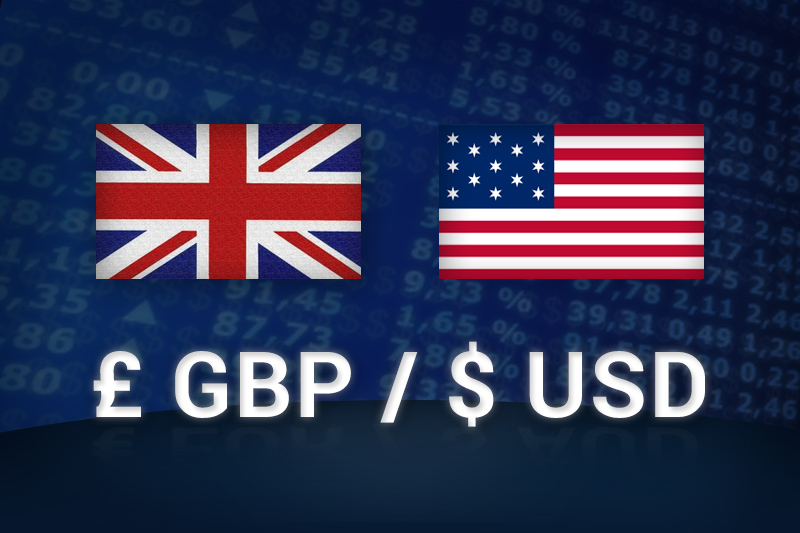Investing.com - The pound eased back from a one-month low against the U.S. dollar on Tuesday, but sterling remained vulnerable after weaker-than-expected economic data and a downgrade to the International Monetary Fund’s U.K. growth forecast weighed.
GBP/USD pulled back from 1.6000, the pair’s lowest since September 11, to hit 1.6039 during European afternoon trade, inching up 0.09%.
Cable was likely to find support at 1.5958, the low of September 9 and resistance at 1.6082, the high of September 11.
The pound fell to the session low against the greenback earlier after the IMF said the U.K. economy would contract by 0.4% this year before recovering to 1.1% growth in 2013, compared to its July forecast for 0.2% growth this year and 1.4% growth in 2013.
The IMF cut its forecast for global growth this year to 3.3% from 3.5% and warned that a failure by European and U.S. policymakers to tackle current problems could threaten what it said was an already “slow and bumpy” economic recovery.
Meanwhile, a report by the Office for National Statistics said manufacturing production in the U.K. fell by 1.1% in August, more than expectations for a 0.6% drop.
The ONS said industrial production declined by 0.5% in August, in line with expectations.
A separate report showed that the U.K. trade deficit widened to GBP9.8 billion in August, against expectations for a deficit of GBP8.5 billion.
The weaker-than-forecast data undermined hopes for a sustained economic recovery and kept alive speculation that the Bank of England may ease monetary policy as soon as next month.
Overall market sentiment remained fragile amid uncertainty over how soon Spain may formally request a bailout, after euro zone finance ministers said Monday that Madrid did not need external financial aid yet.
Sterling was higher against the euro, with EUR/GBP down 0.19% to 0.8076.
Also Tuesday, German Chancellor Angela Merkel was holding talks with Greek Prime Minister Antonis Samaras in Athens, while finance ministers from the European Union were holding a day of meetings in Brussels.
GBP/USD pulled back from 1.6000, the pair’s lowest since September 11, to hit 1.6039 during European afternoon trade, inching up 0.09%.
Cable was likely to find support at 1.5958, the low of September 9 and resistance at 1.6082, the high of September 11.
The pound fell to the session low against the greenback earlier after the IMF said the U.K. economy would contract by 0.4% this year before recovering to 1.1% growth in 2013, compared to its July forecast for 0.2% growth this year and 1.4% growth in 2013.
The IMF cut its forecast for global growth this year to 3.3% from 3.5% and warned that a failure by European and U.S. policymakers to tackle current problems could threaten what it said was an already “slow and bumpy” economic recovery.
Meanwhile, a report by the Office for National Statistics said manufacturing production in the U.K. fell by 1.1% in August, more than expectations for a 0.6% drop.
The ONS said industrial production declined by 0.5% in August, in line with expectations.
A separate report showed that the U.K. trade deficit widened to GBP9.8 billion in August, against expectations for a deficit of GBP8.5 billion.
The weaker-than-forecast data undermined hopes for a sustained economic recovery and kept alive speculation that the Bank of England may ease monetary policy as soon as next month.
Overall market sentiment remained fragile amid uncertainty over how soon Spain may formally request a bailout, after euro zone finance ministers said Monday that Madrid did not need external financial aid yet.
Sterling was higher against the euro, with EUR/GBP down 0.19% to 0.8076.
Also Tuesday, German Chancellor Angela Merkel was holding talks with Greek Prime Minister Antonis Samaras in Athens, while finance ministers from the European Union were holding a day of meetings in Brussels.
